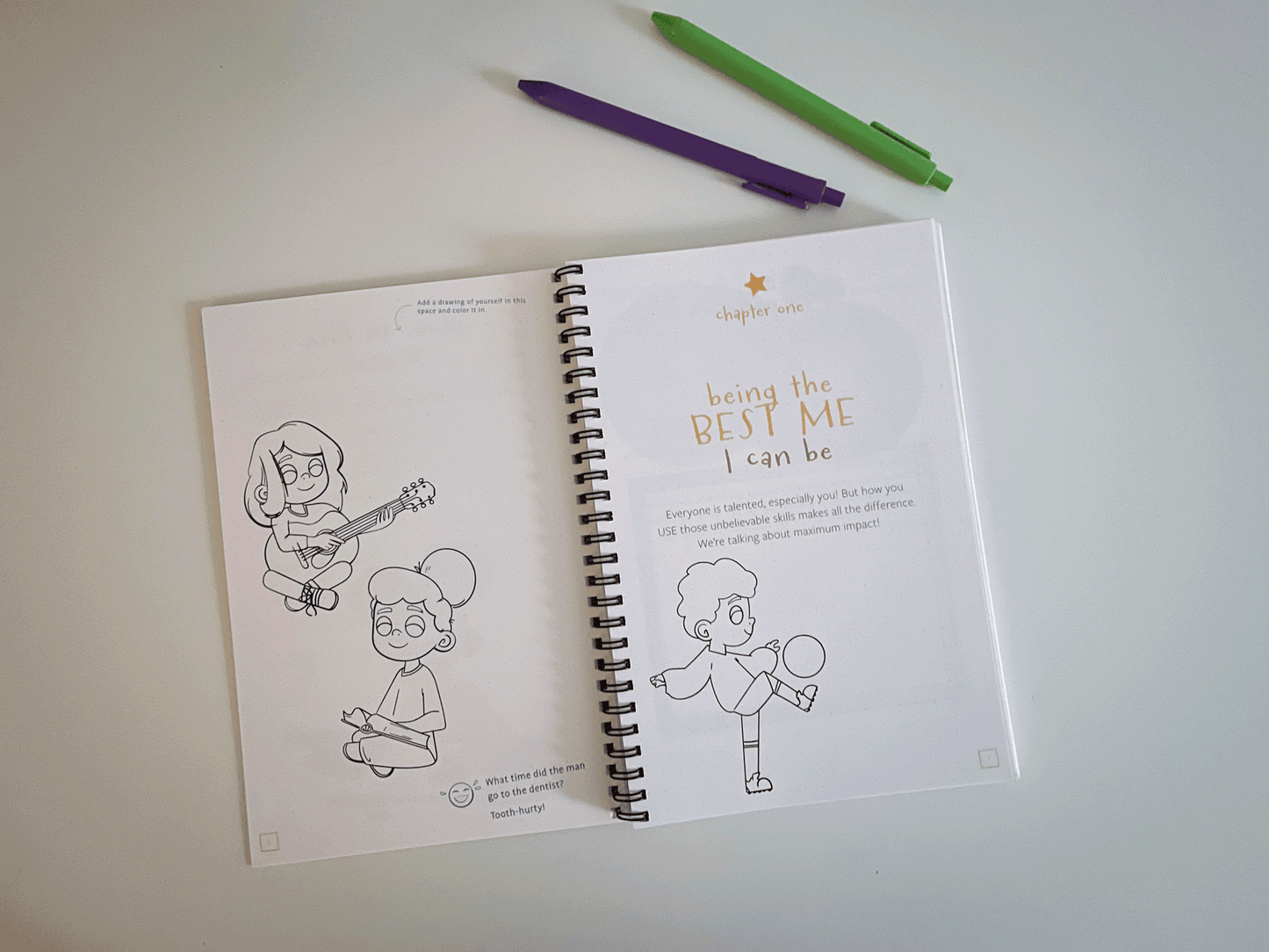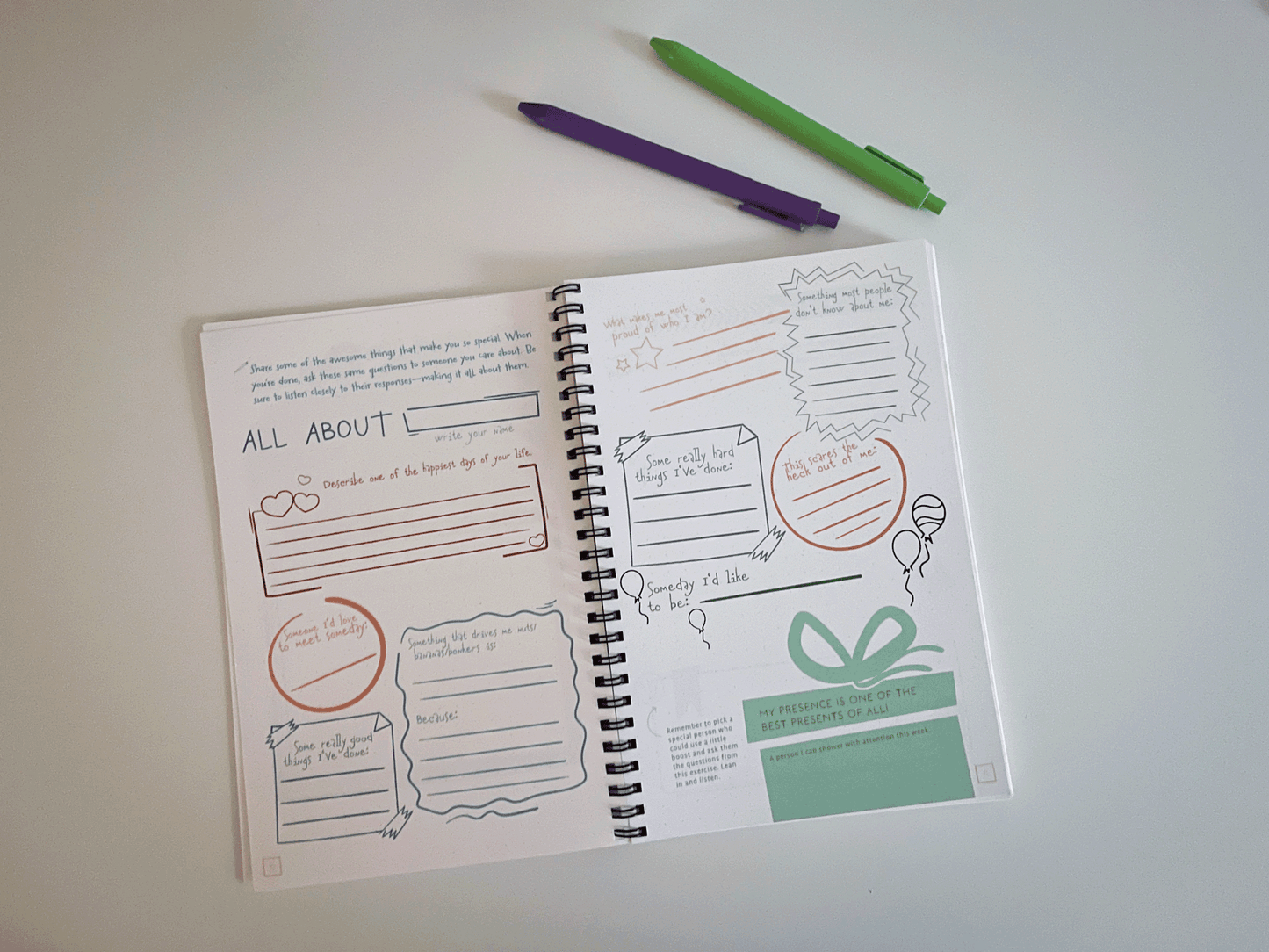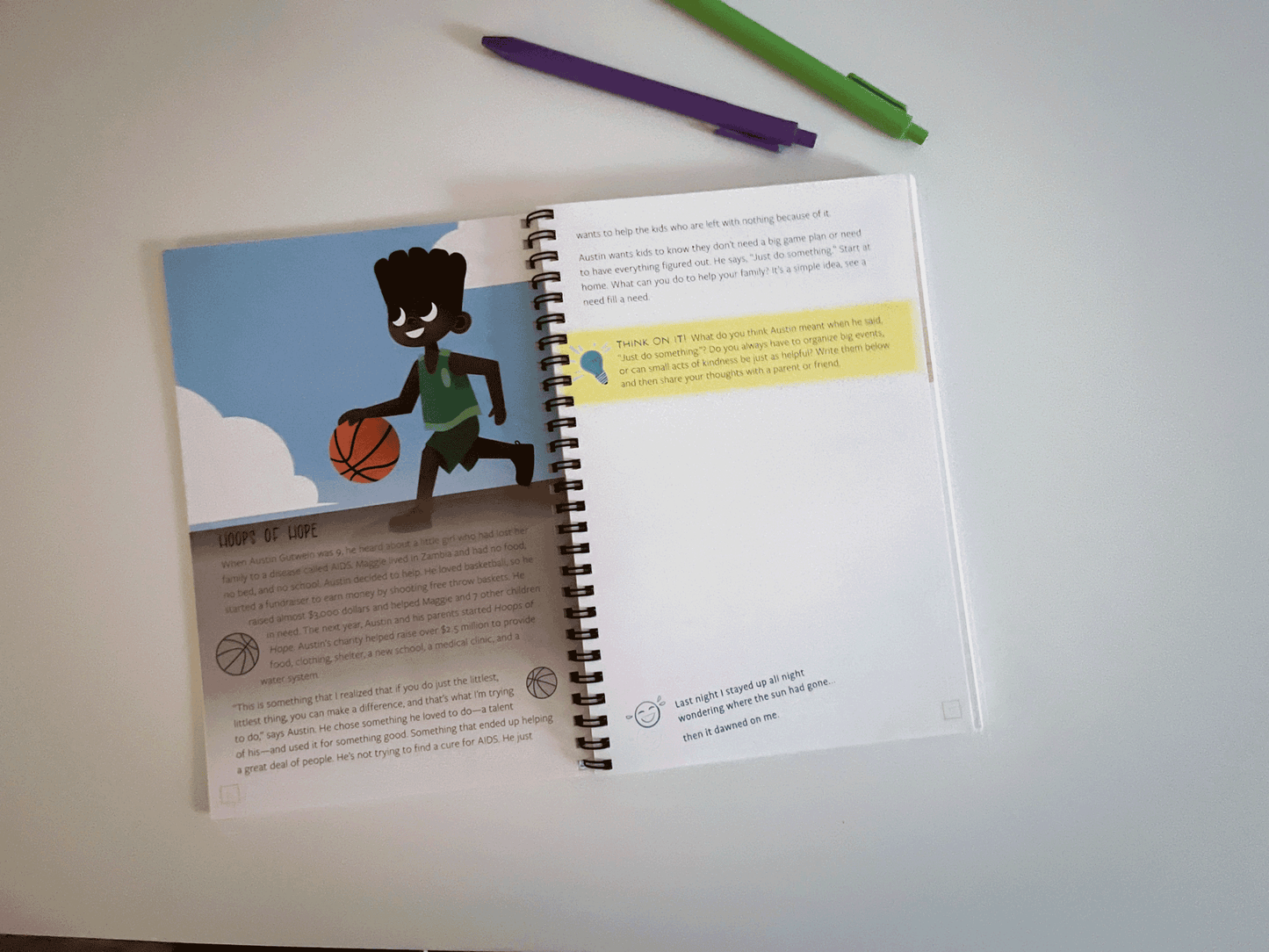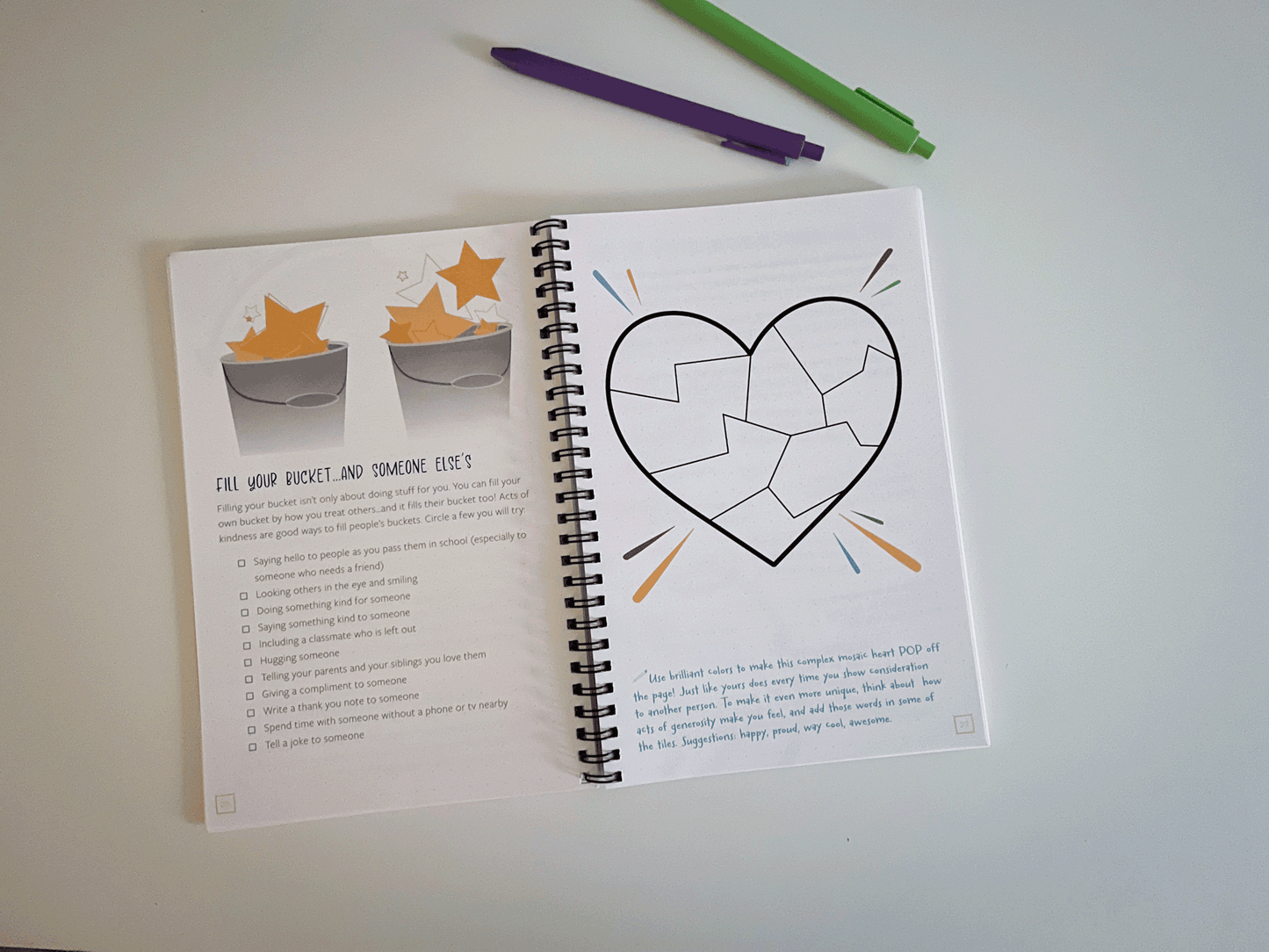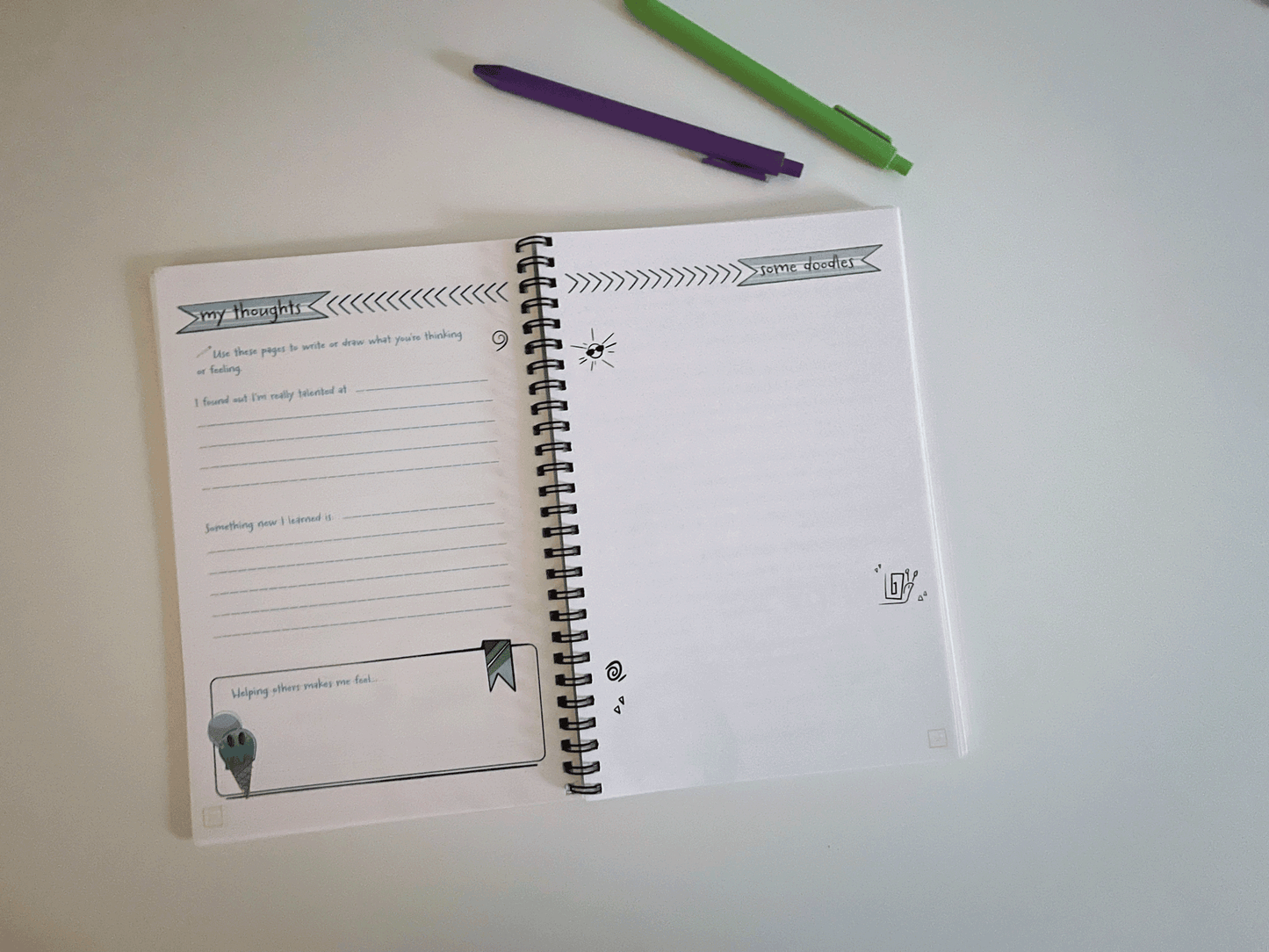HOW TO HELP YOUR CHILD WORK THROUGH ADVERSITY
Guest Author
Over the past seven years, my son has had to deal with more adversity and challenges than most kids his age have had to face. While it breaks my heart to watch him go through these difficult times, I believe a lot of positive has come from the adversity he has encountered. These hard times have helped to develop his courage, strength, and resilience, which will help when he has to deal with difficult situations as he becomes a teenager and an adult.
As I reflect on my own son, I can’t help but think of how vital it is that our children learn to cope with adversity in order to help develop their character. Over the years I have come to notice how so many parents and teachers are afraid to let children struggle or fail because they don’t want to hurt the child’s self-esteem.
The reality is at some point children will be faced with adversity such as bullying, disappointment, possibly family death and much more. But, it is through these hard times that we can teach our children the power of resilience. So the question is, what are we doing to help equip our children when life’s upsets do happen? How can we help our children to effectively work through these difficult times so they can learn to turn their failures into success?
Stephen Covey said, “Just as we develop our physical muscles through overcoming opposition - such as lifting weights - we develop our character muscles by overcoming challenges and adversity.” In order to set our children up for success we have to prepare them by giving them the confidence to work through adversity. Ultimately, the best way to teach our children is through our own actions.
Here are some tips to help your children work through adversity and build their resilience.
1. Encouragement
Encourage your children to face their problems no matter how big or small they may be. If your child is having difficulty with something or someone, don’t ignore the problem. Help them to think of solutions to the problem and establish the pros and cons that could result from their decision. It is important that your children can feel comfortable coming to you for help but knows that you aren’t going to solve their problems for them. It is also important that your children know you have confidence in their decision making. Encourage your children to do their best, teach them that everyone falls and that everything takes practice.
2. Empathy
As a parent you can put yourself in your child’s shoes and try to see how they are looking at their situation. Try to understand their point of view and show that you appreciate and respect their thoughts and feelings even though you may not agree with them. Your children will be a lot more responsive to your suggestions when they see that you are trying to understand them instead of putting them down. As a result, when your children are faced with a difficult situation they will learn to have empathy for someone else’s perspective and treat them with the dignity and respect they deserve, which is an important life skill.
3. Responsibility in our emotions, actions and reactions
It is important to teach our children that life can often be unfair and that we all fall but, it is up to us to decide how we react to adverse situations. We are responsible for our actions. It is never okay to act out of anger, hurt or resentment. A better way to deal with hardship is to recognize what has happened and the emotions that are associated with the situation. Once we can separate what we can and cannot change or control it is a lot easier to move on from the situation on a positive note rather than harboring resentment or negative emotions. We cannot always change a situation but we can always learn something from it.
4. Provide opportunities for your children to help others
Help them get involved with volunteer work either at home or in your community. Children feel empowered by helping others and will develop a sense of responsibility, compassion, and self-confidence. It is through serving that they will also begin to appreciate the things they have been given as well as the importance of giving selflessly to others.
5. Accept change as a part of life and maintain hope
Sometimes it is difficult for children to accept or work through change. In order to help your children cope with change, encourage them to look at the situation with optimism. Positivity can help them to see the good in a situation and push them keep moving forward even though it may be difficult.
You can also ask your children questions such as, “how does change make them feel?” You can let them know that change is a part of life and even though it can be scary or hard, it can also be very exciting and fun. Help them to remember ways they have dealt with adversity in the past.
6. Set goals
Work with your children on setting attainable goals and help them to achieve them one step at a time. Celebrate their achievement every time they reach a goal. Make sure to point out the hard work and decisions they had to make along the way including the difficulties they faced. This will help them to focus on what they have accomplished. In the future, you can refer back to particular situations in which your child has worked through hardships and remind them how those difficulties in the past are helping them face current challenges.
What are ways you have helped your children work through adversity?











